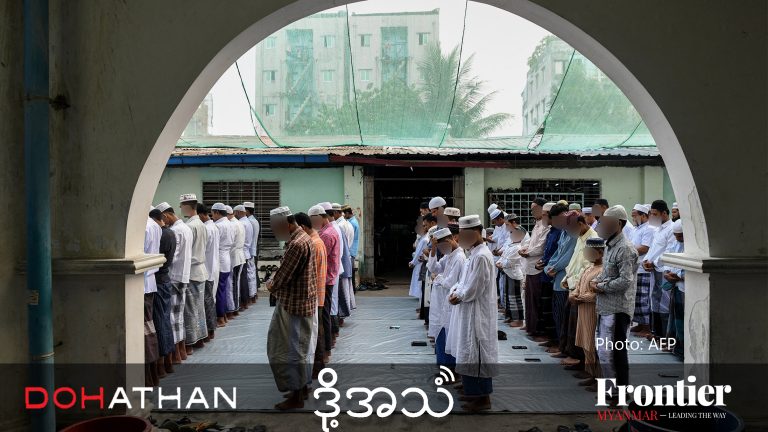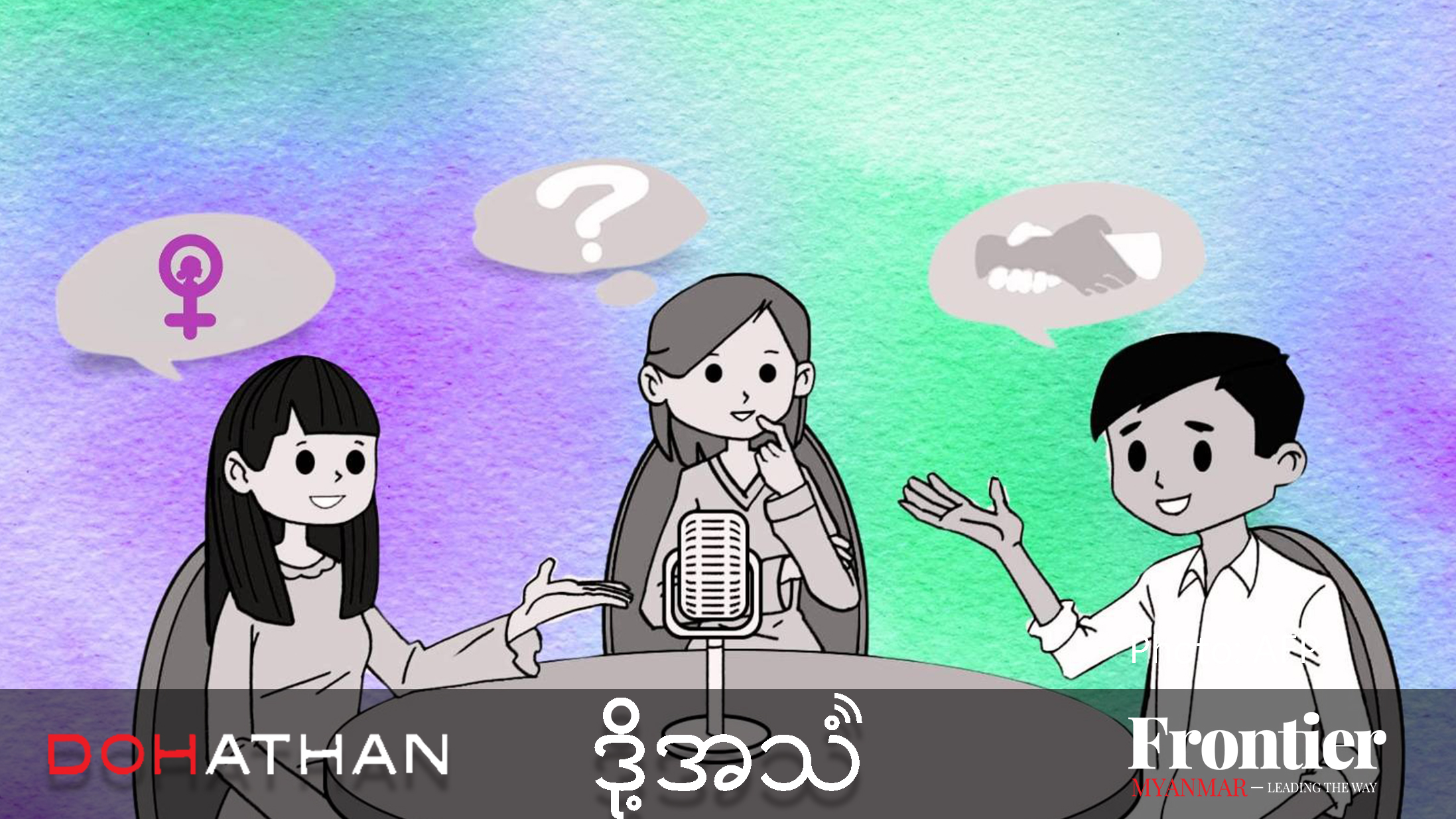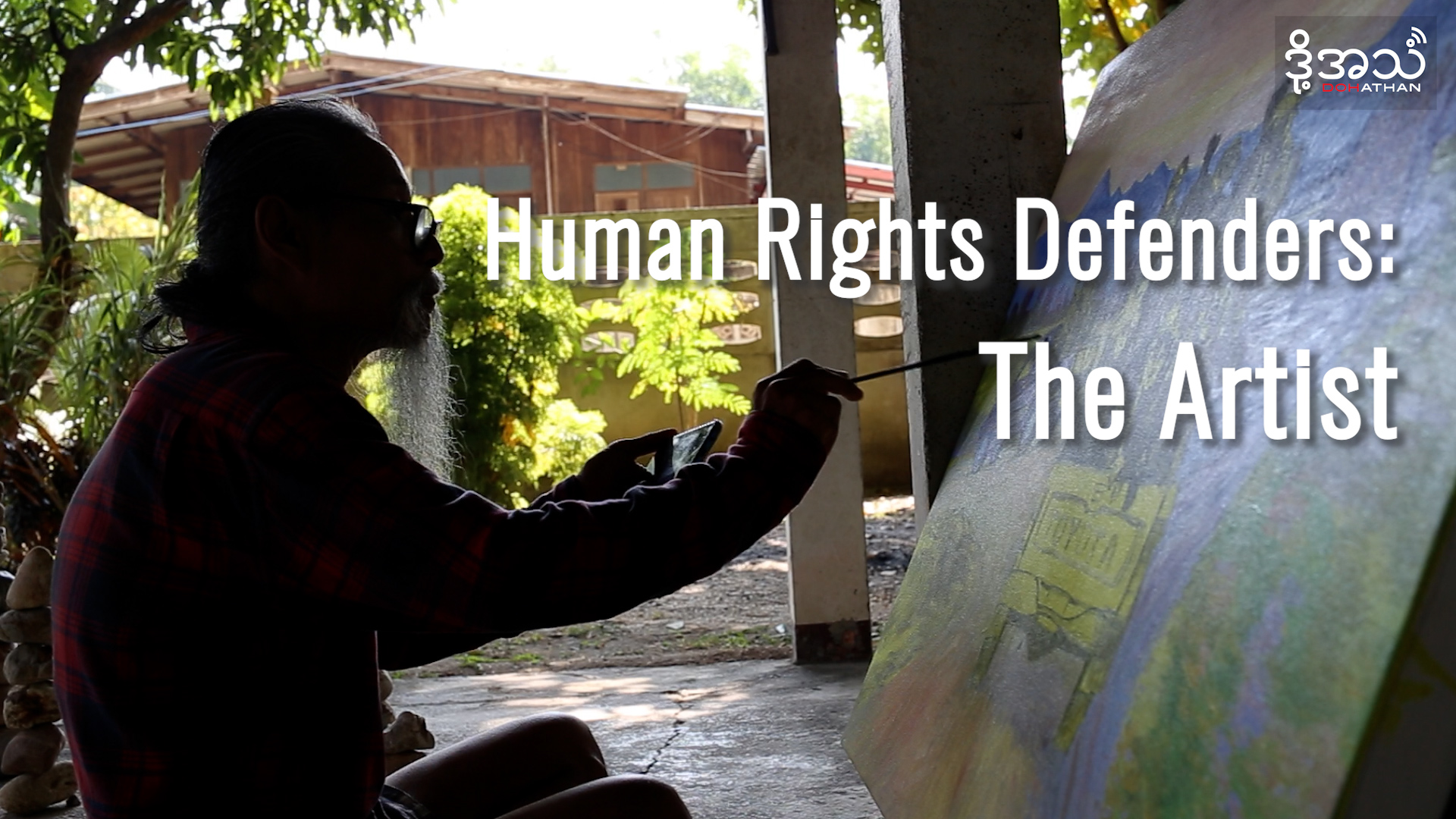The “malignant seed” of extremism poses a threat to the development of democracy in Myanmar, Amyotha Hluttaw Speaker U Khin Aung Myint warned in Nay Pyi Taw last week.
“The malignant seed of extremism may exist within a democratic system,” U Khin Aung Myint said in a statement read at an event marking International Democracy Day on September 15.
“If you cannot curb this malignant seed, democracy may slide backwards,” he said.
The event also heard a message from President U Thein Sein and speeches from Pyithu Hluttaw Speaker Thura U Shwe Mann and National League for Democracy leader Daw Aung San Suu Kyi.
U Khin Aung Myint said that if the “malignant seed” can be controlled, “the process of democratic reform – from the relaxation of restrictions to transformation – and a step-by-by step strengthening of democracy will occur”.
Support more independent journalism like this. Sign up to be a Frontier member.
He said building a democratic system was an evolutionary process and it was important to cultivate a new generation that was well-versed in political knowledge and experienced in nation building.
If the November 8 election was truly free and fair, it would be a triumph of democracy.
“But can we have a democratic society and a democratic Myanmar if the election results in a landslide victory for one party?” the Upper House Speaker said.
In his message to the event, President U Thein Sein said the government would do its utmost to ensure that the election is free and fair, the importance of which was stressed in speeches by Thura U Shwe Mann and Daw Aung San Suu Kyi.
“The November 8 election will be the first free and fair multi-party election of the democratic reform transition period,” said Thura U Shwe Mann.
He urged the people to participate in the election and said it was important that members of the three branches of government – the legislature, executive and judiciary – be directly elected.
Daw Aung San Suu Kyi said it was essential that the election is free and fair and that its outcome reflects the will and desire of the people.
It was imperative to realise these two objectives because much remained to transform Myanmar into a genuinely democratic society, including reform of the 2008 Constitution.
“The degree of genuine success of the 2015 election will clearly reveal how much progress has been towards democratic reform,” she said.
In what may have been a reference to the Tatmadaw, she urged all stakeholders to respect the election result.
Daw Aung San Suu Kyi said she prayed that Myanmar would become a genuine federal Union peacefully and quickly with the serious and earnest participation of the people.
Other speakers at the event included Union MP U Steven Thabeik, who said parliament and the government needed to cooperate with civil society groups rather than shun them.
Serious consideration should be given to advice and proposals from civil society on a range of issues, said U Steven Thabeik, who represents the Chin National Democratic Party in the Amyotha Hluttaw. He spoke of the peace process, constitutional reform, religious issues including objections to the inter-faith marriage law, education reform and projects that may negatively effect society or the environment.
Referring to the 25 percent of hluttaw seats held by non-elected members of the military, U Steven Thabeik expressed disappointment that elected MPs accounted for 75 percent of parliament because it “thwarted the rights of the people”.
Messages from 20 political parties, civil society and student groups were read at the event, attended by more than 1,000 people, including government ministers, members of ethnic groups, diplomats and domestic and foreign news agencies.






